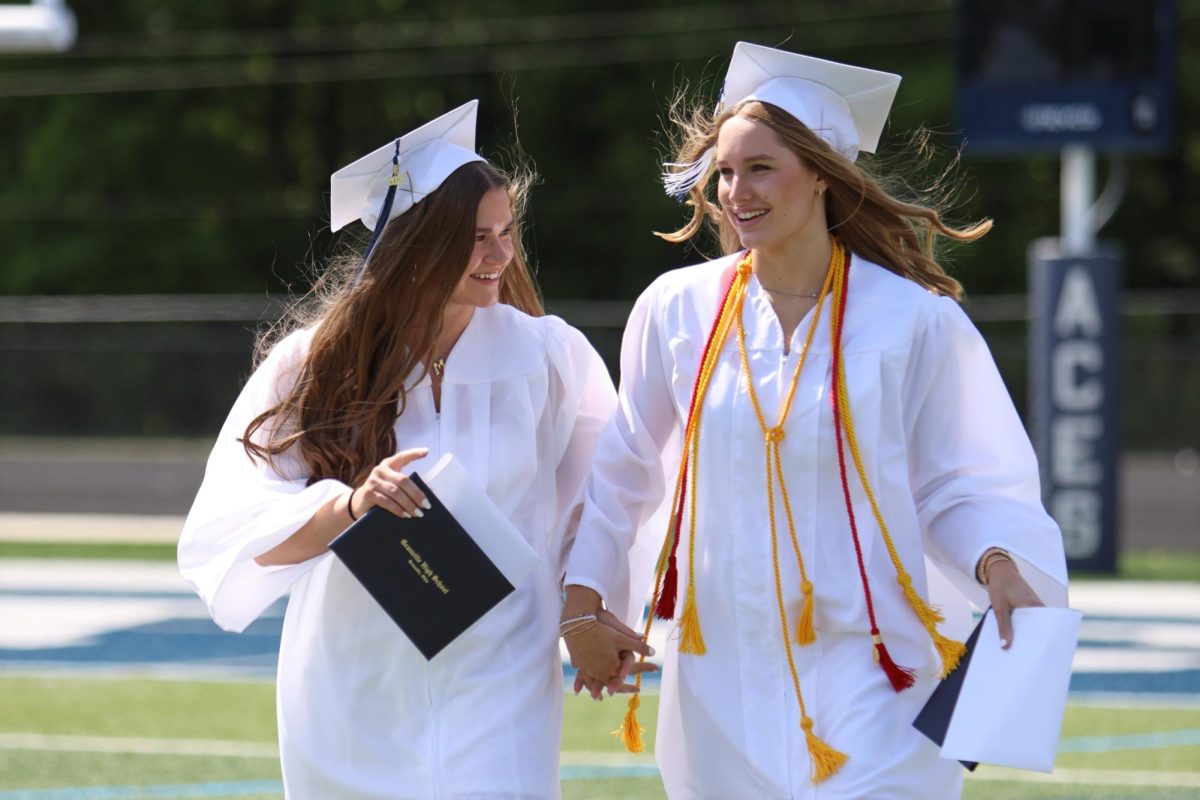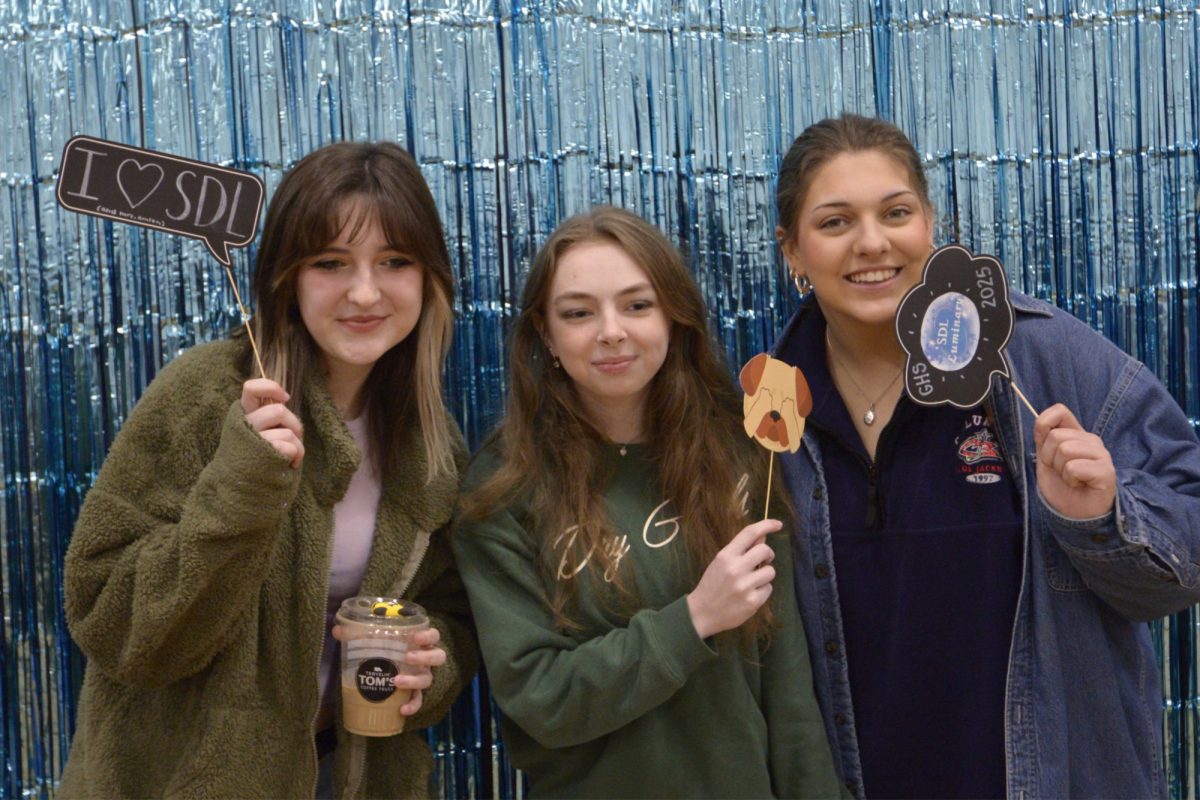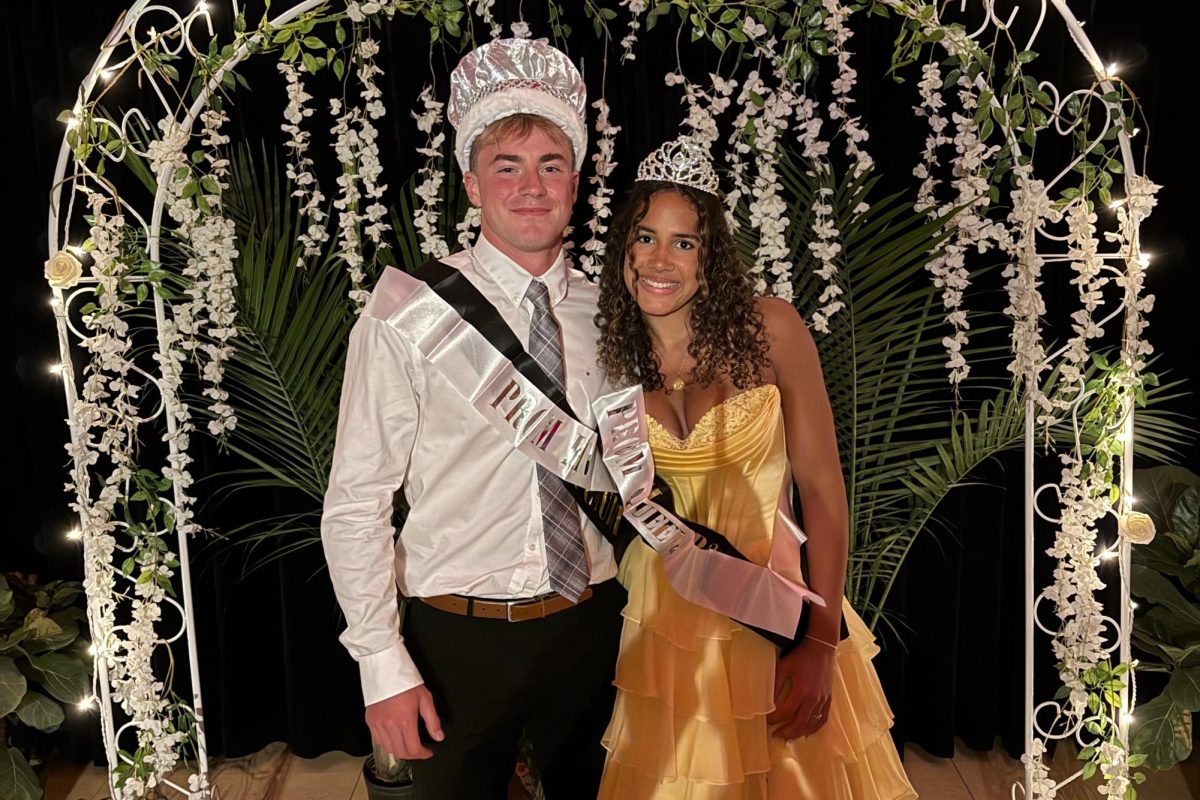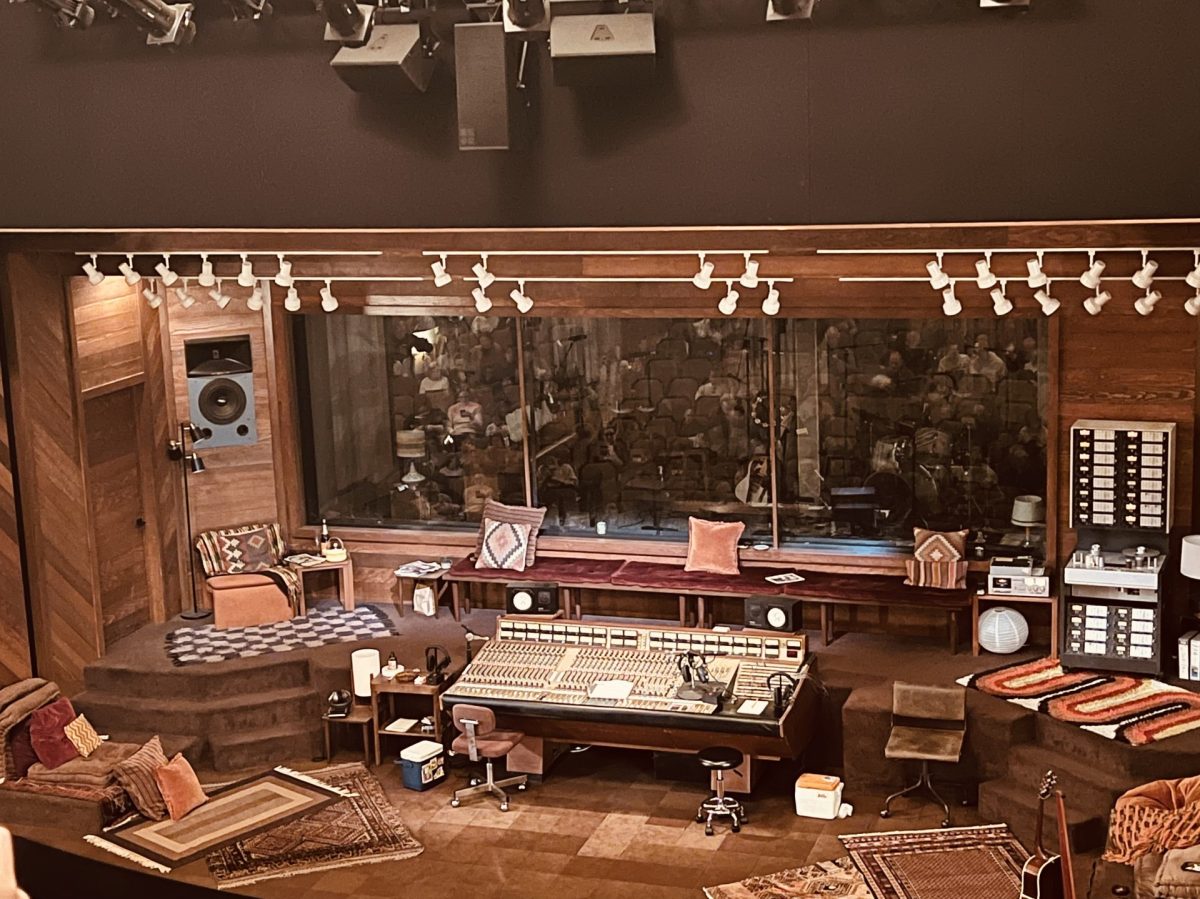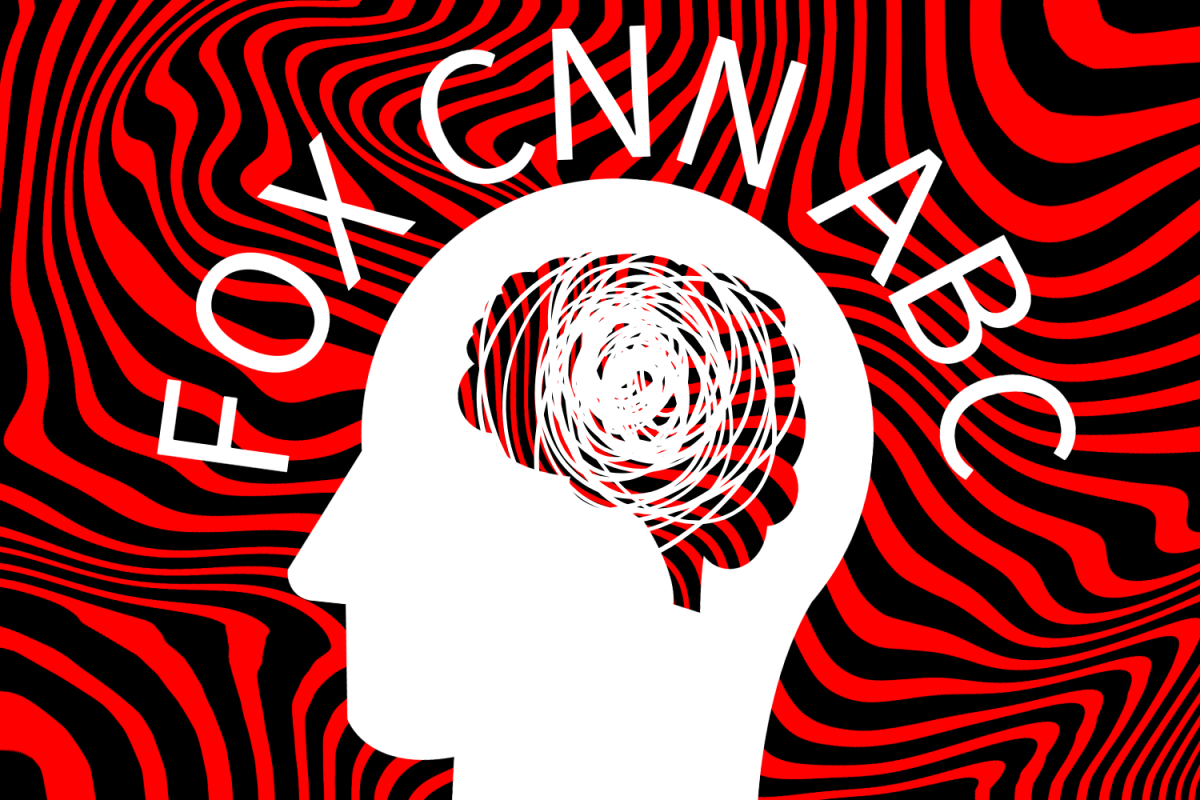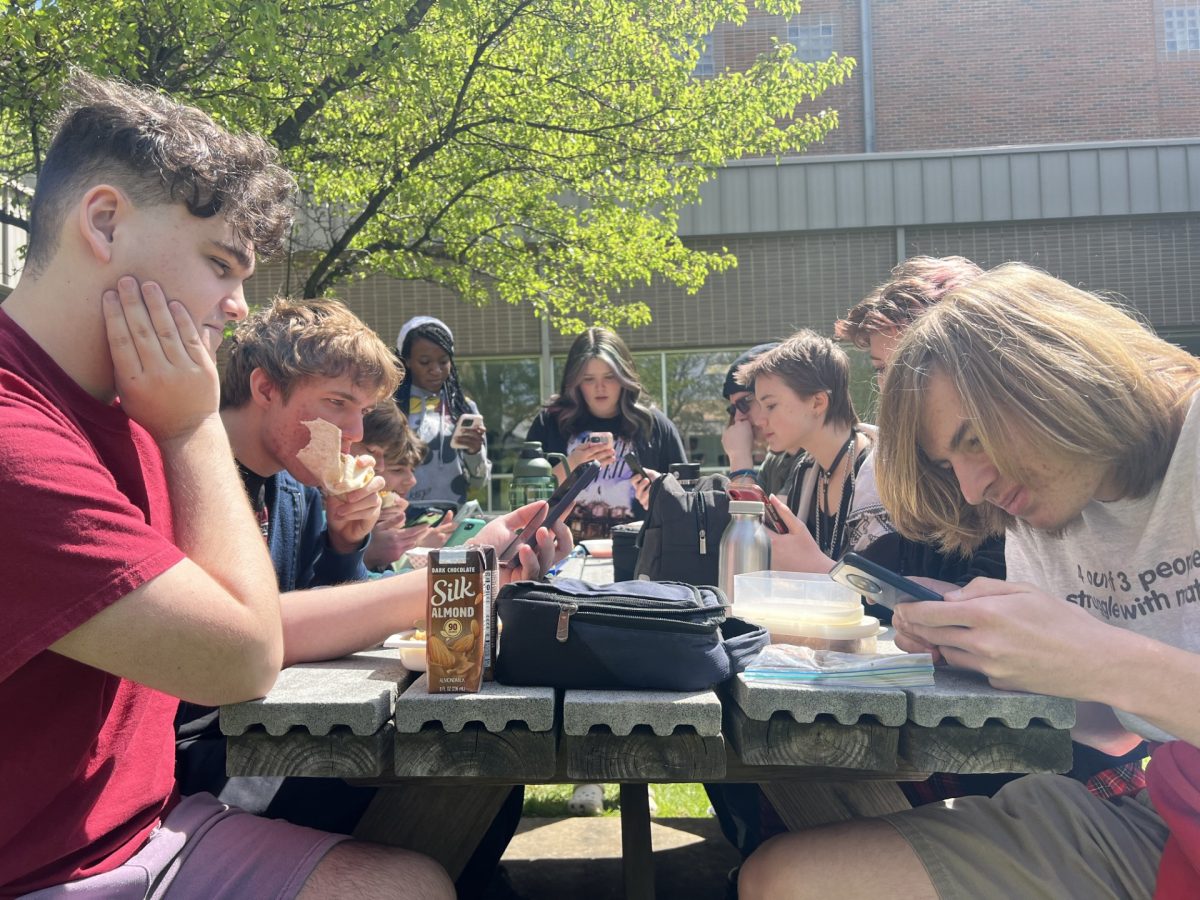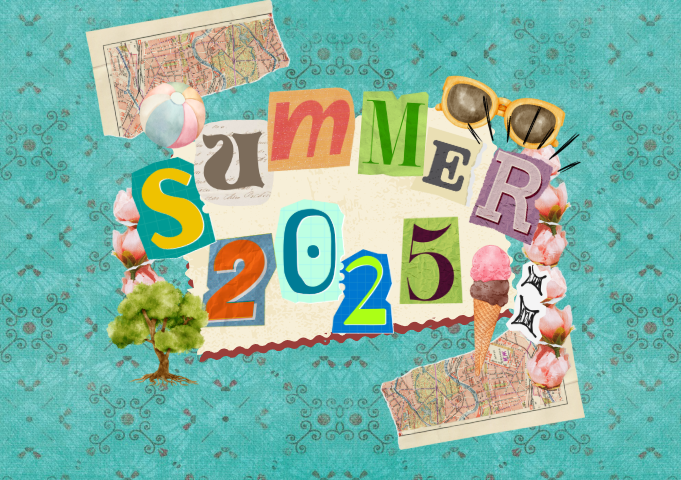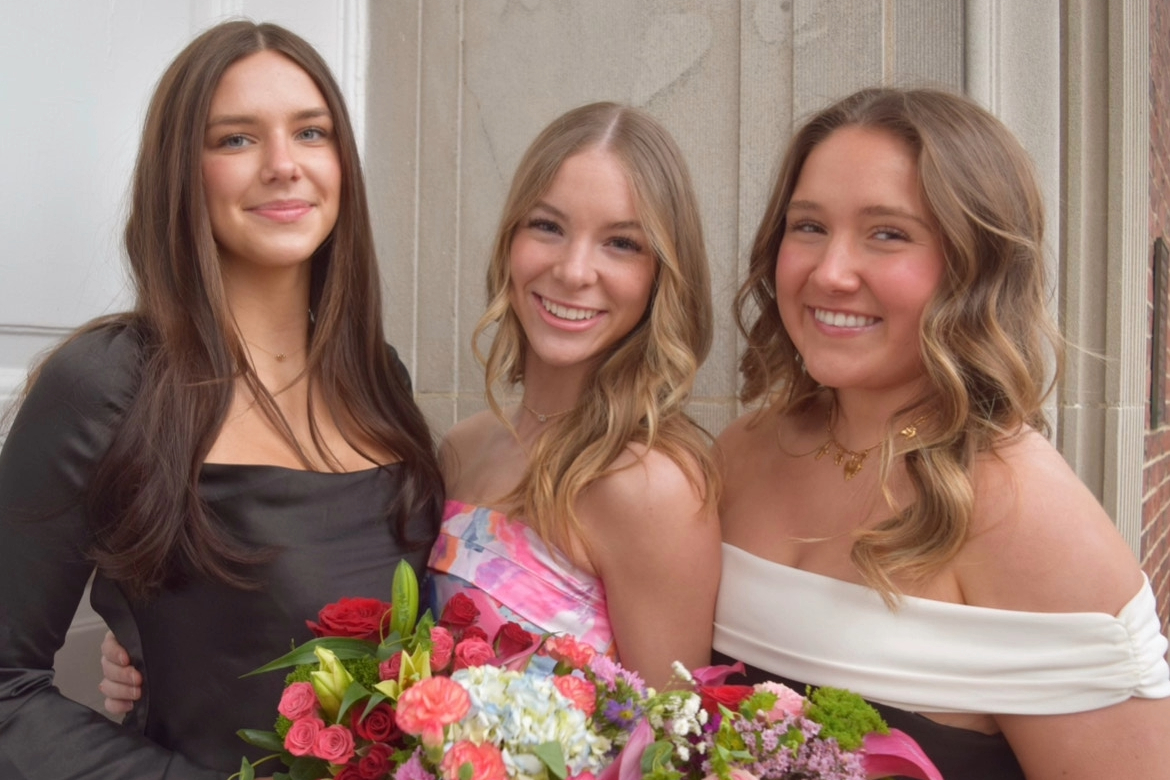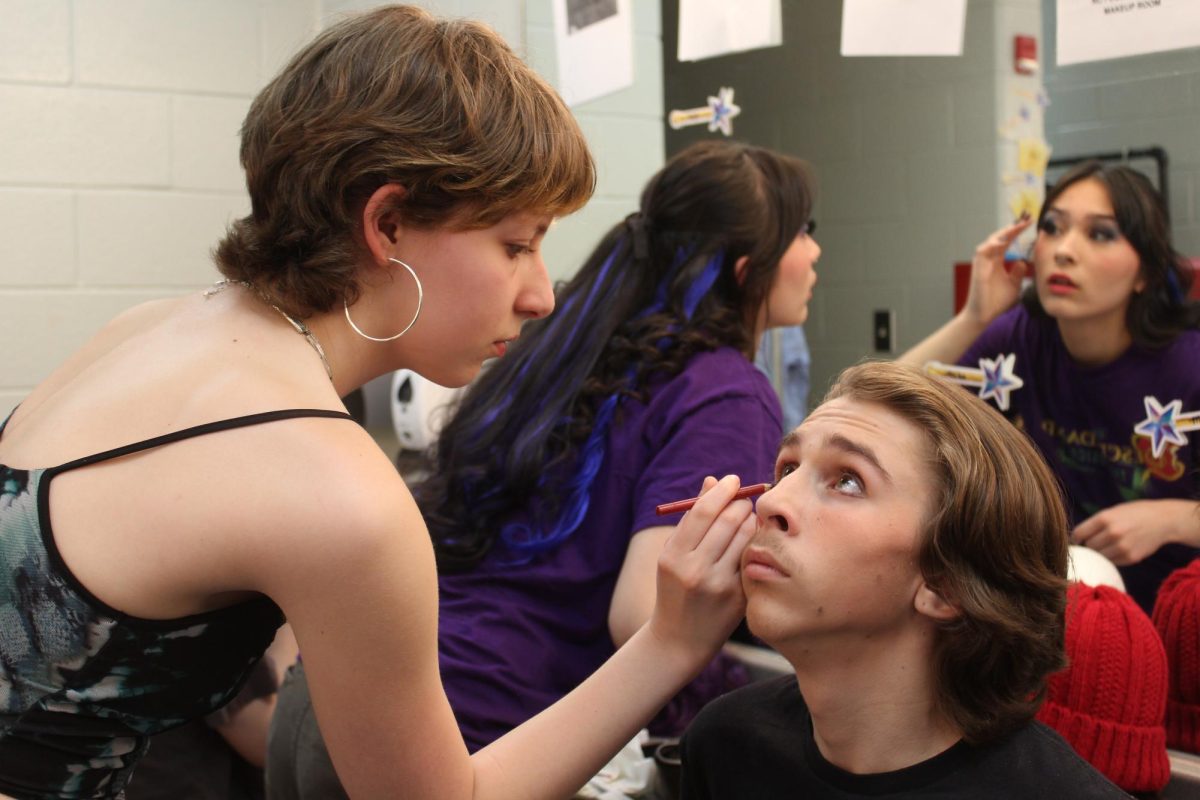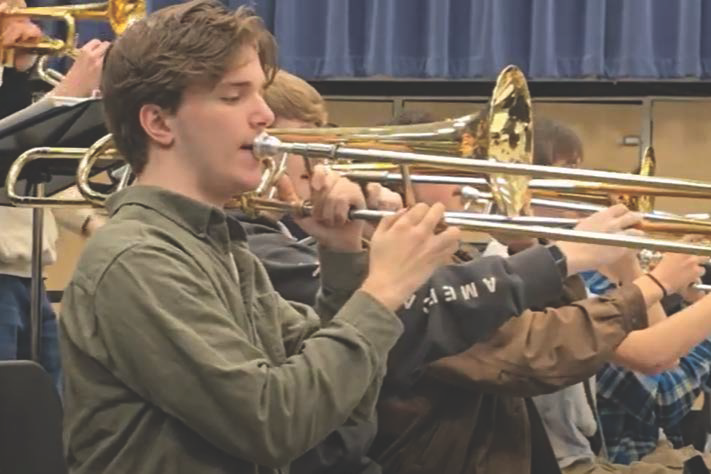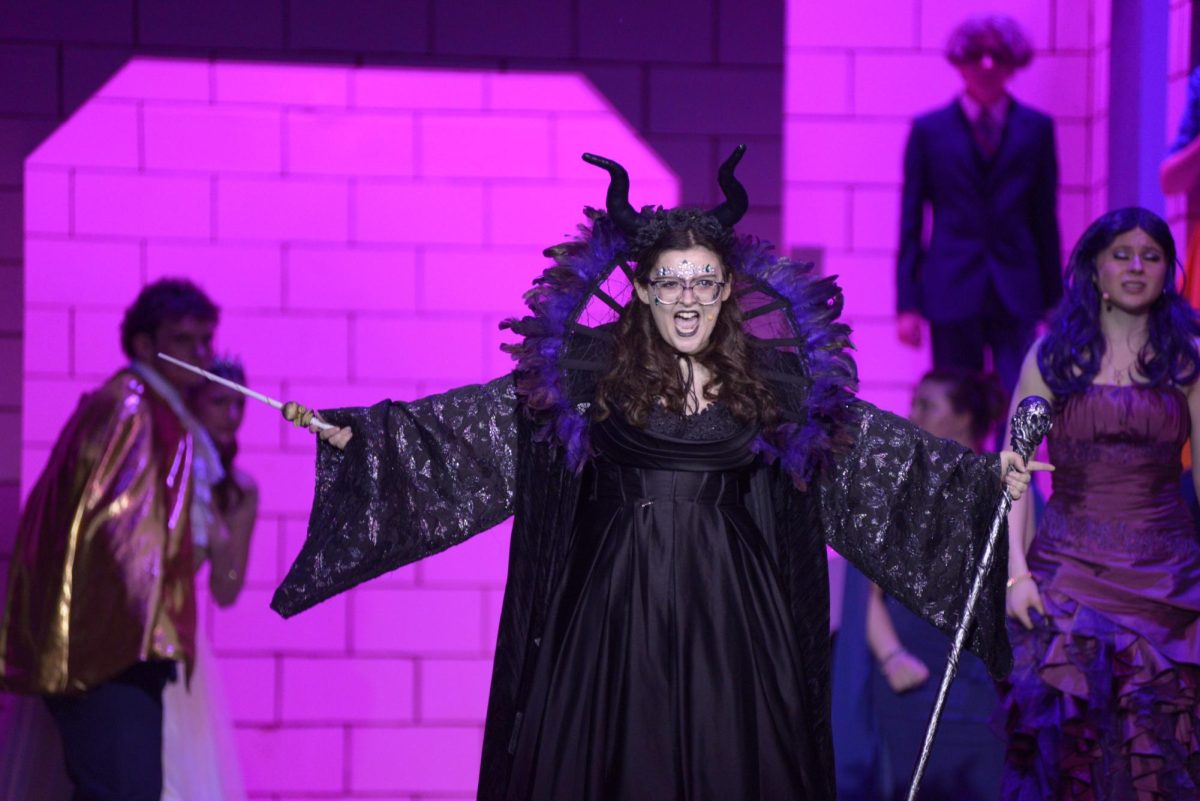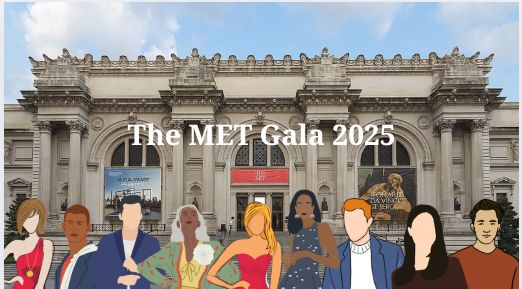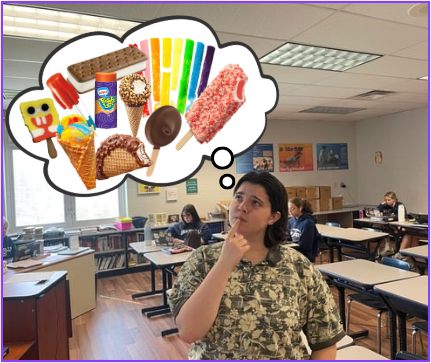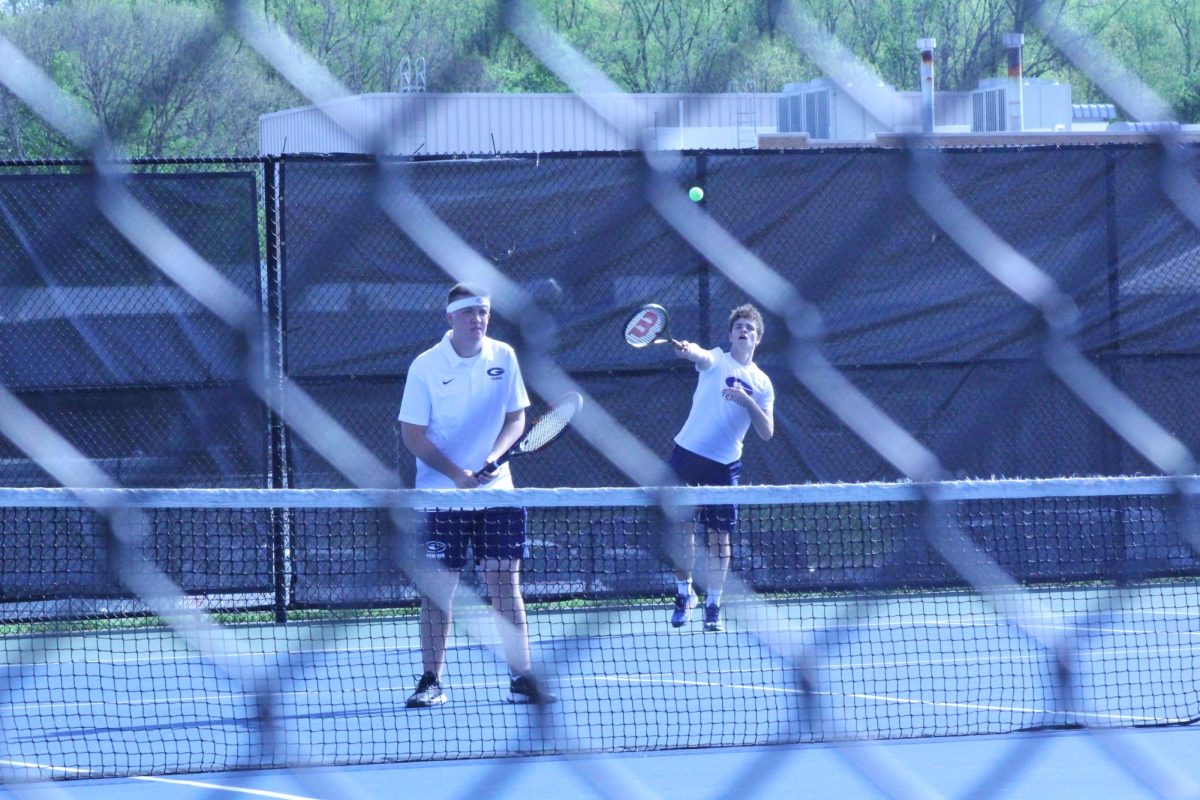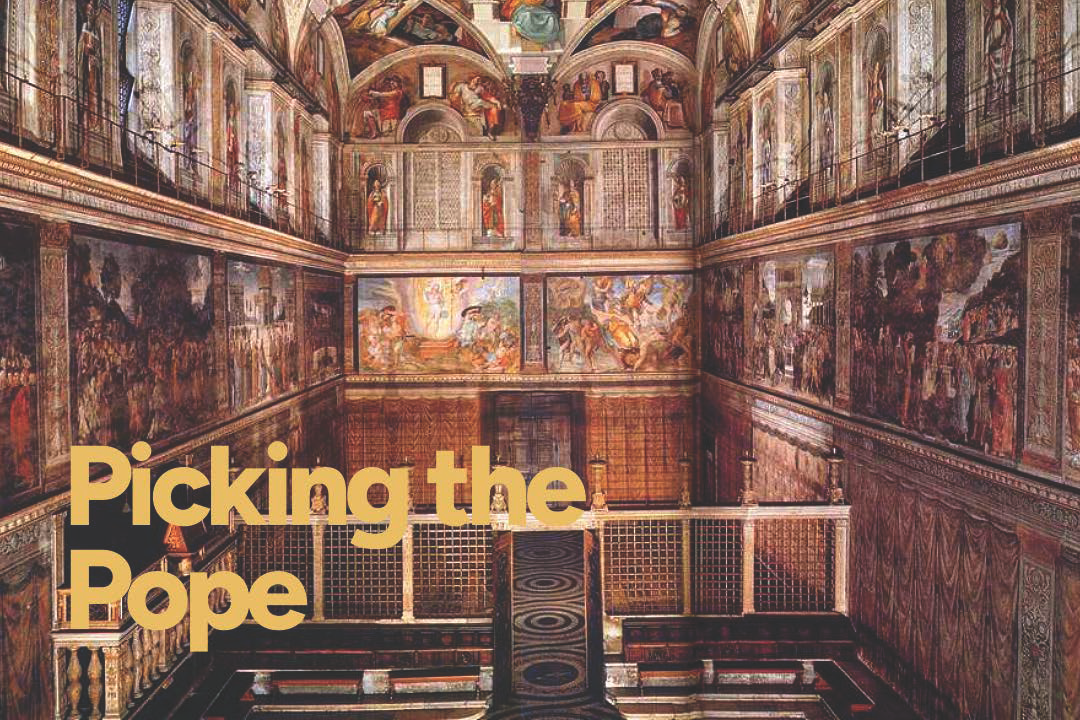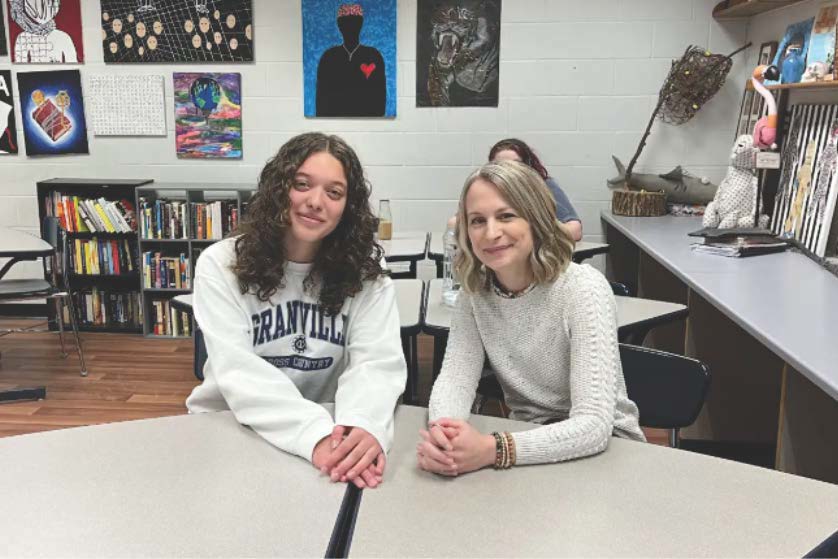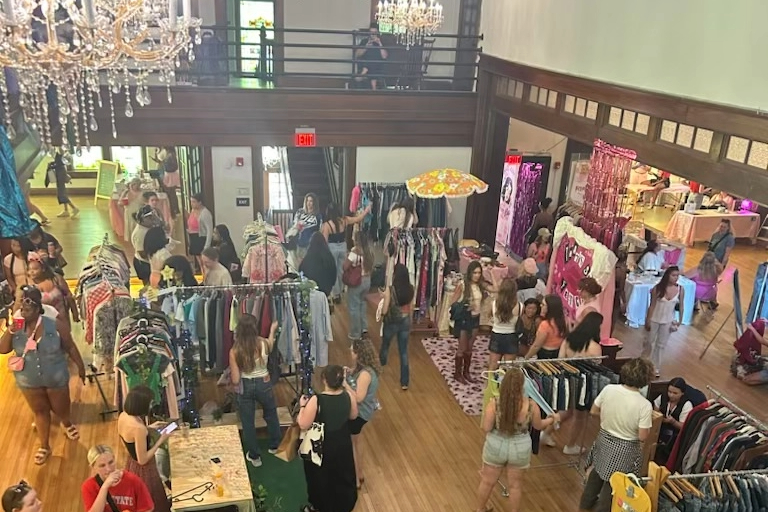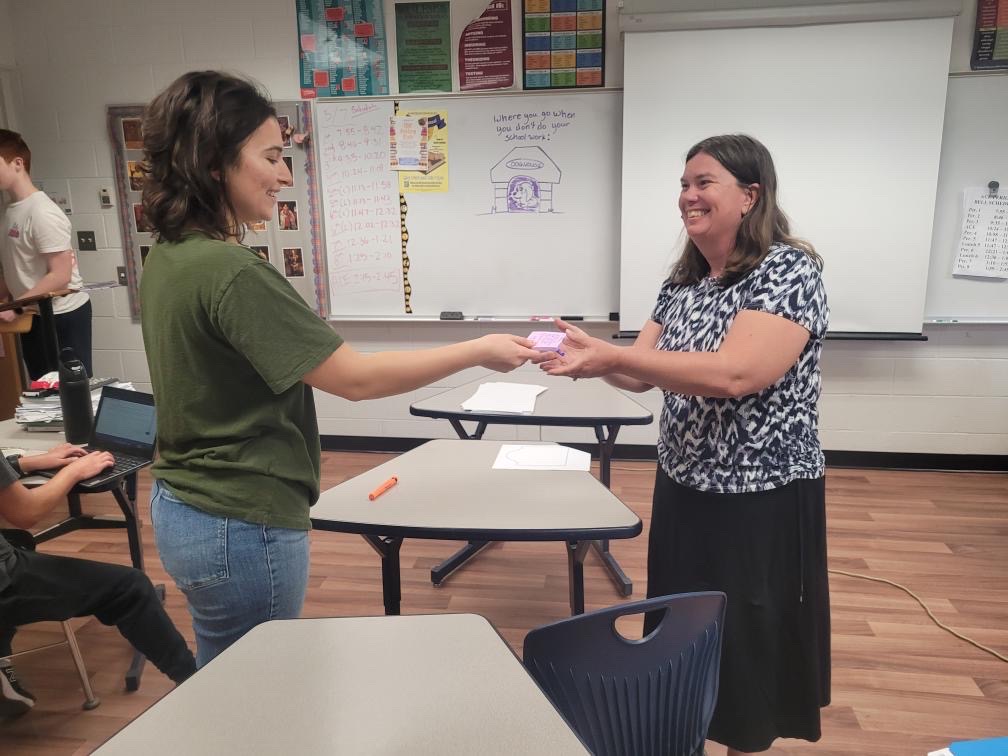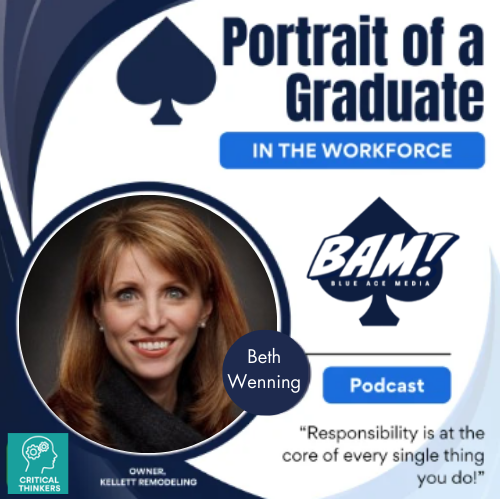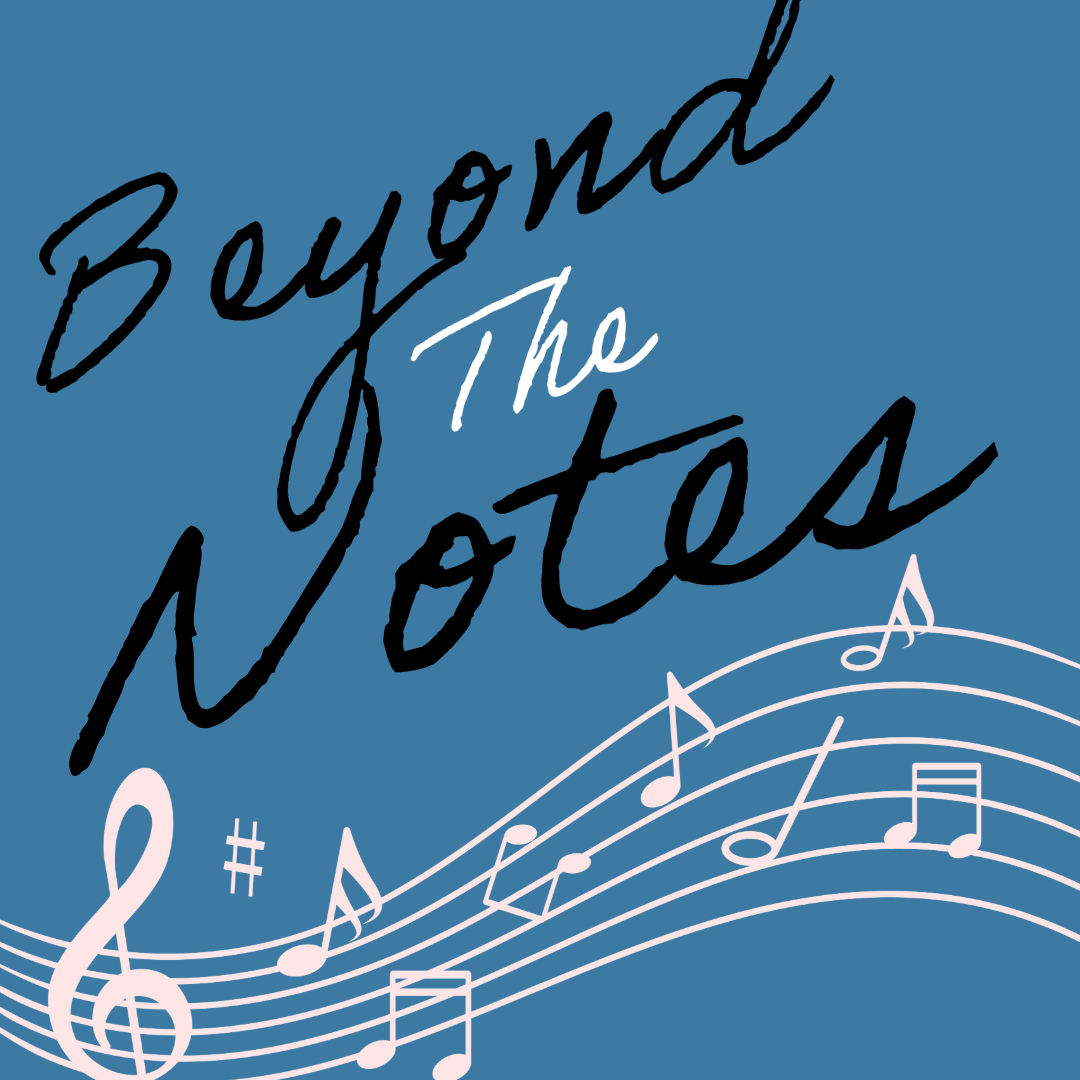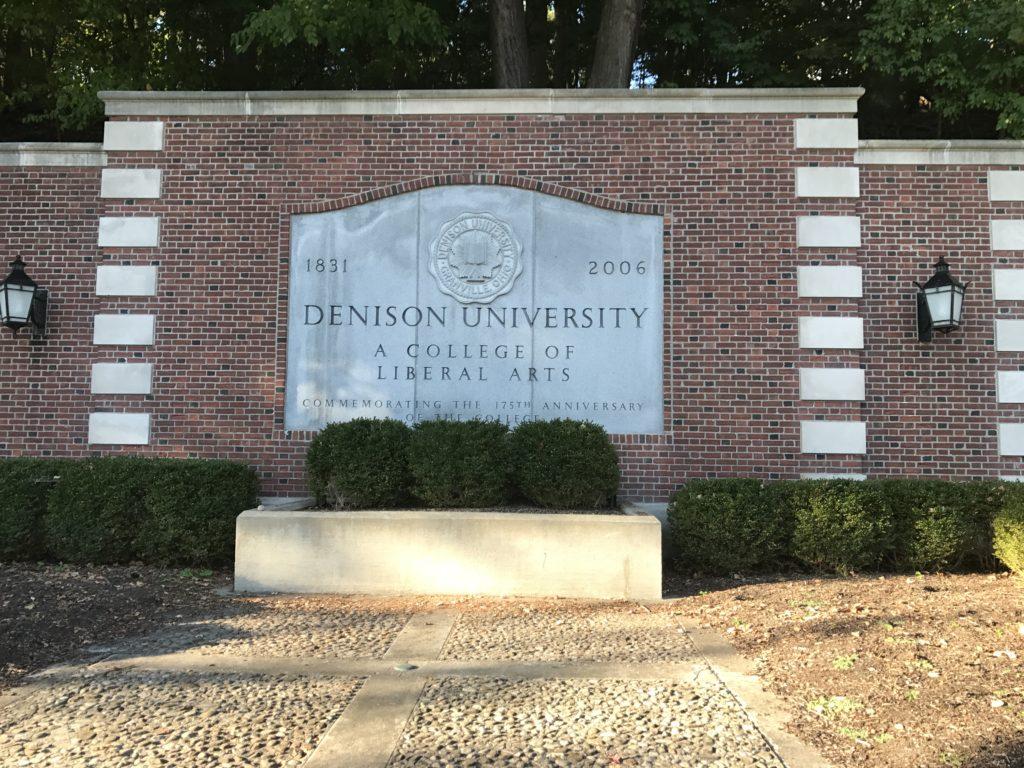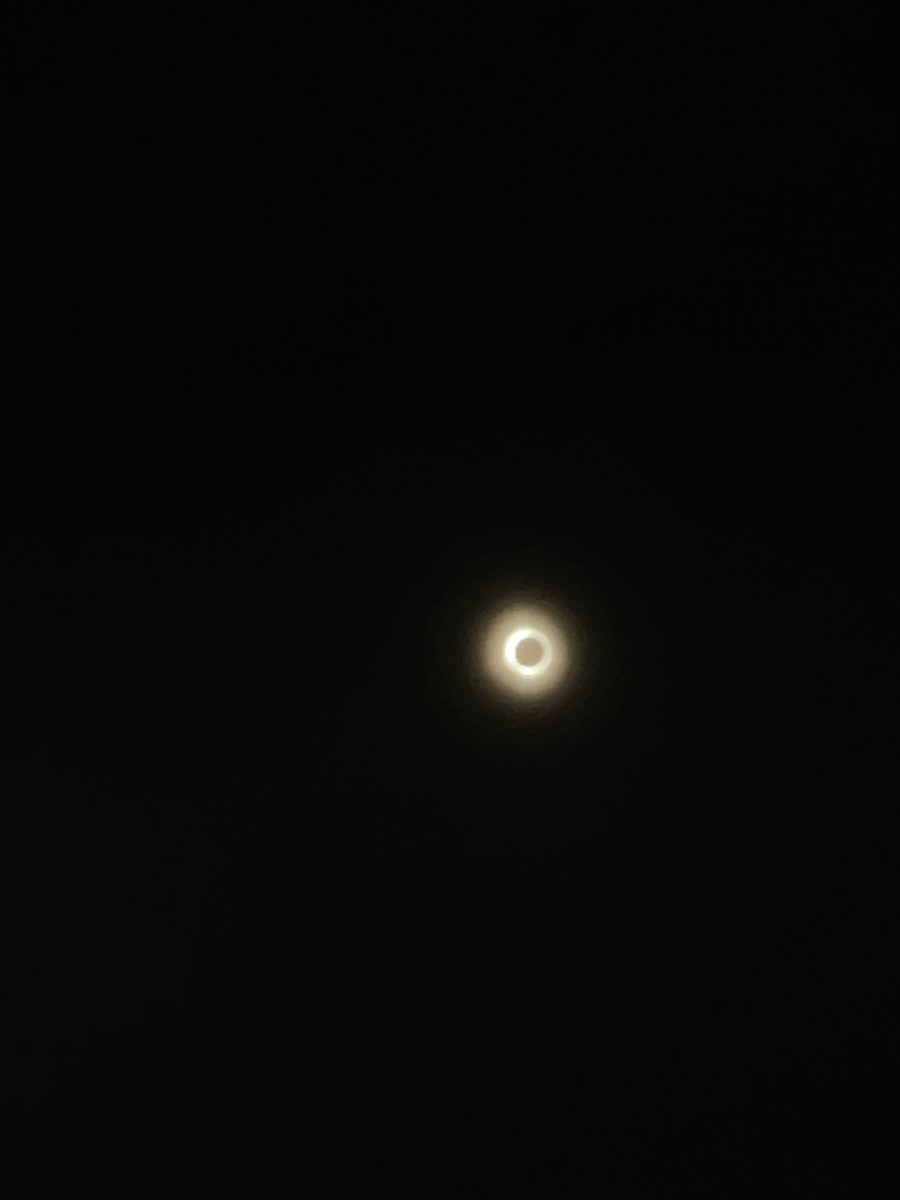BY EMMA NAILLE (‘18)
Students around the nation are choosing job-specific majors in fear of entering the job market with a more general major, like the humanities. According to a New York Times article by Tamir Lewin, humanities majors only make up 12 percent of the undergraduate students at Stanford and the top major is computer engineering.
The fear of having a liberal arts degree is an unfounded worry, and trying to study only for a specific job will not necessarily make one a better candidate for that job. This decision is made with the assumption that it is more practical to study for a specific job, however it is unrealistic that a person will only have one job after college. Liberal arts colleges allow you to choose a major, but also require students to take classes in a range of subjects outside of their discipline, preparing students for multiple jobs.
The idea behind a liberal arts education is that it creates not only well-rounded students, but well-rounded citizens that can understand real world issues from multiple angles. According to a Forbes article by Willard Dix, it “enables individuals to gather information, interpret it, and make informed decisions on a wide variety of topics.” Yale describes their liberal arts program as giving students the ability “to think critically and independently and to write, reason, and communicate clearly-the foundation for all professions.”
A liberal arts education is important because it prepares students for the workforce by developing critical skills in all professions. An article from the US News by Mark McNutt said that employers are looking for “creative, communicative and problem-solving” applicants that can also think critically, effectively communicate and have teamwork skills. Specific career-oriented degrees may not fully develop these skills in students like a liberal arts education would, leading to a lack of necessary workplace skills.
Though traditionally liberal arts is associated with disciplines like English, it is really about having a background in all subjects, including the STEM fields. Even science is open to interpretation with different theories and in how it is observed. Science is about trying to understand how the world works, just like writers who try to understand the world by putting it in their own terms. Liberal arts helps even science students understand their relationship to the world, and to others, which is a significant learning experience for people of any career.
A liberal arts education equips students to have a multi-faceted perspective of world issues, enabling them to become citizens that understand multiple viewpoints and can create a personal opinion based on reason rather than emotion. It also provides students with an opportunity to experience different fields and learn skills and information they may never encounter in their own field.
For students who do not know what they want to major in, a liberal arts education will give them the experience of a wide arrange of subjects, allowing them to find their niche. For students who know exactly what they want to do, a liberal arts education can still open them to new opportunities in their field, or help them see a better career option.
In a world where people can no longer debate productively, choosing a liberal arts education and major is vitally important to becoming a constructive citizen that is not only able to dissect and discuss issues, but also solve them.

